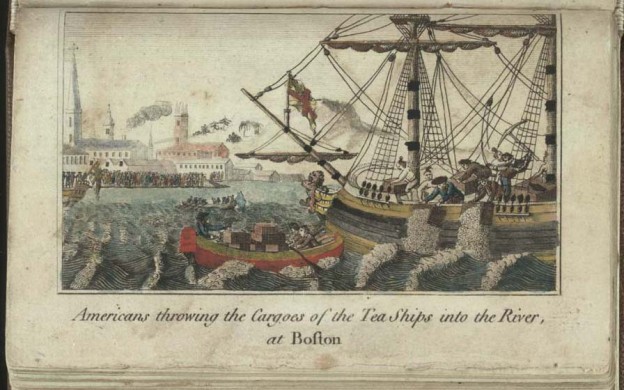Hi all,
Below are two examples of good responses to the in-class writing prompt we did last week (Tu 9/3). Overall, everyone did a nice job and hit on the main points from the introduction that we talked about in class.
Example 1
Matthew Patten was a seemingly ordinary Irish-American immigrant who lived during the American Revolution. While Patten lived, worked, prayed, and thought in a typical American-colonial fashion, he was actually a complicated individual who transitioned from a disgruntled colonist to a full-on American revolutionary during the early stages of the fight for independence.
Breen may have chosen to write about Patten because of his humble, immigrant/agriculturalist roots. Though Matthew Patten seems like an insignificant figure–we definitely don’t find his name in popular history–he was nevertheless a key contributor to the “American cause.”
Example 2
Matthew Patten was a local farmer from one of the colonies who became a soldier for the patriots because of his belief that the British were unjust and unfair in their treatment of the American people in the thirteen colonies. The reason I think Matthew Patten is talked about in the intro is because when we think of the American Revolution we usually think of the famous people from this era such as Washington, Franklin and John Adams, but we don’t really think about the commoners that lived in the colonies who risked everything in order to end Britain’s rule over the Americans. Pattens diary shows how the average Joe of this time period reacted to the idea of revolution and how he was influenced into joining the cause. We see that Patten wasn’t all about the political issues that were reasons for others to join, but we see that Patten joined for the sake of his lifestyle and for the sake of his livelihood.



